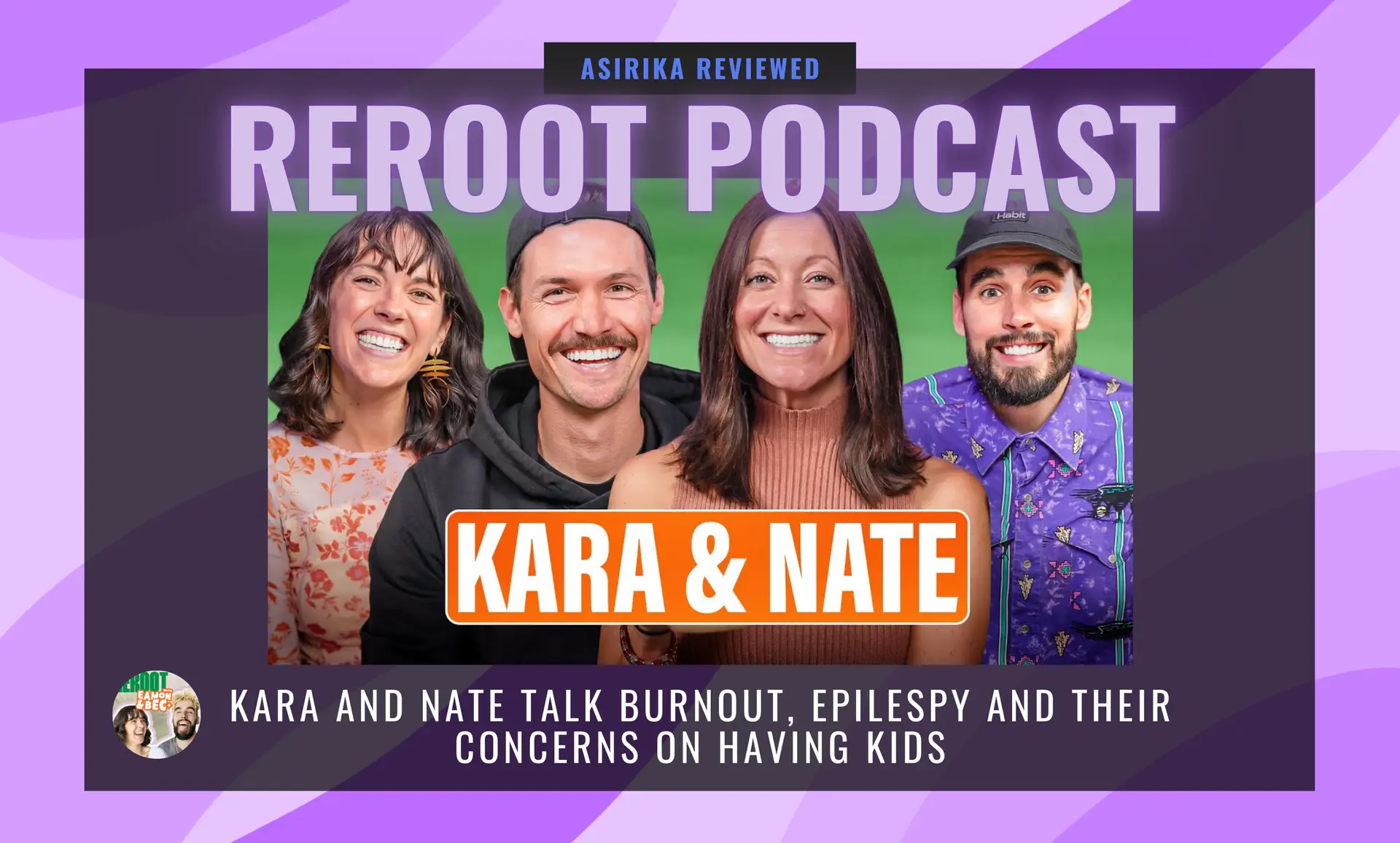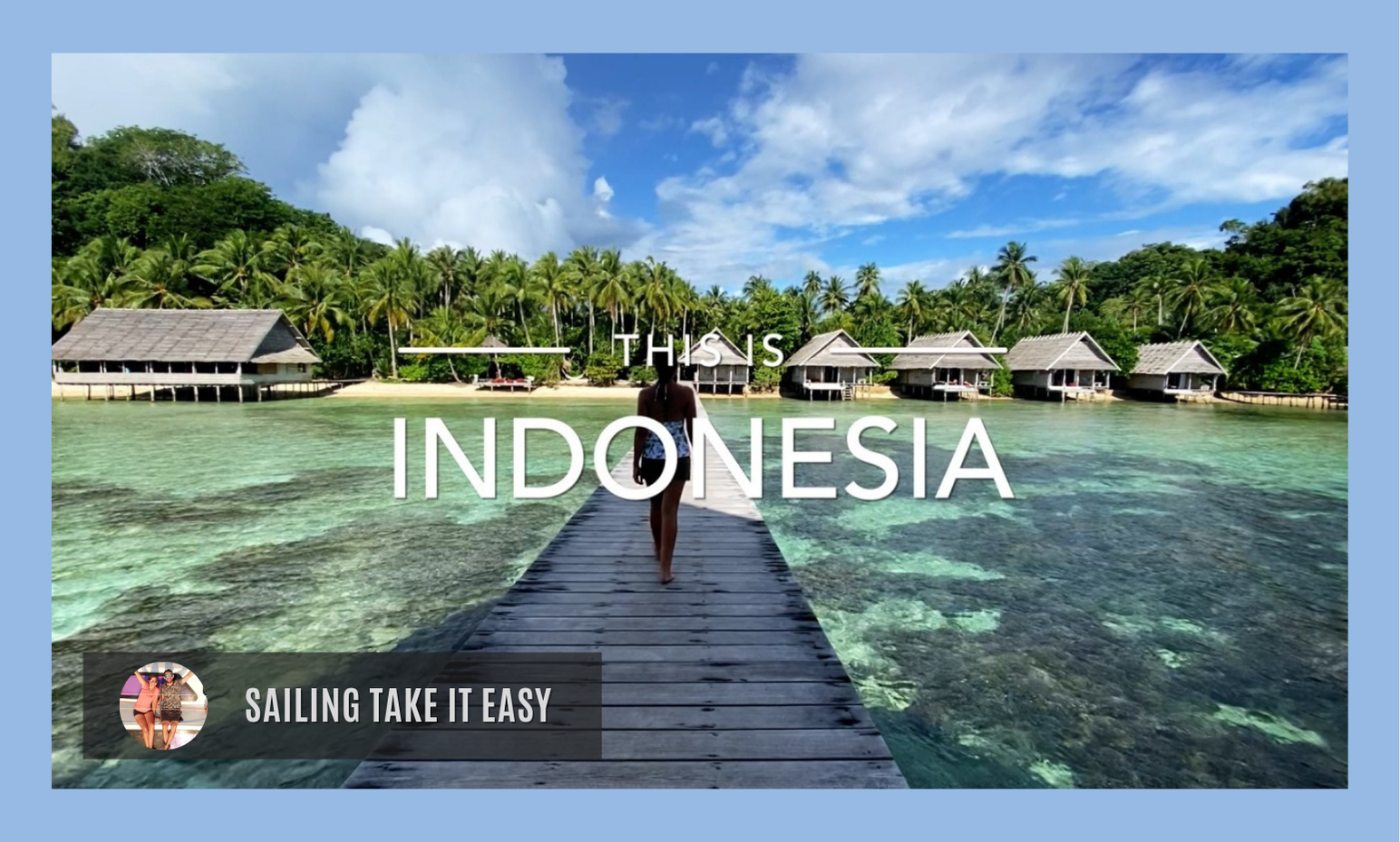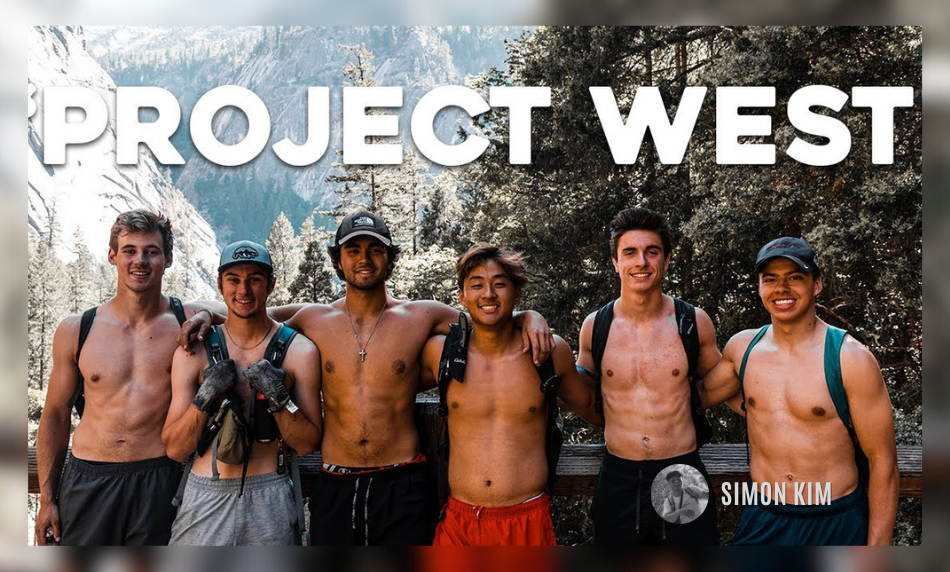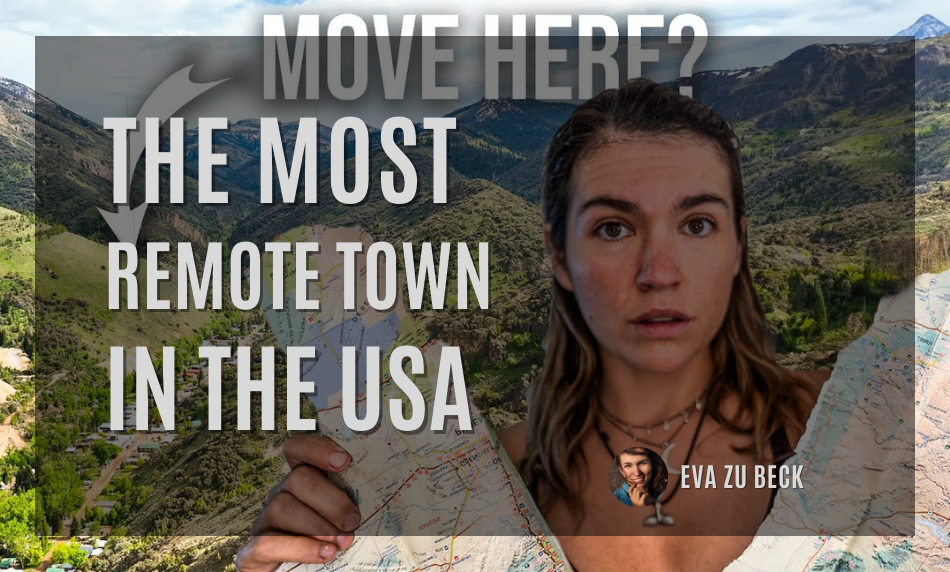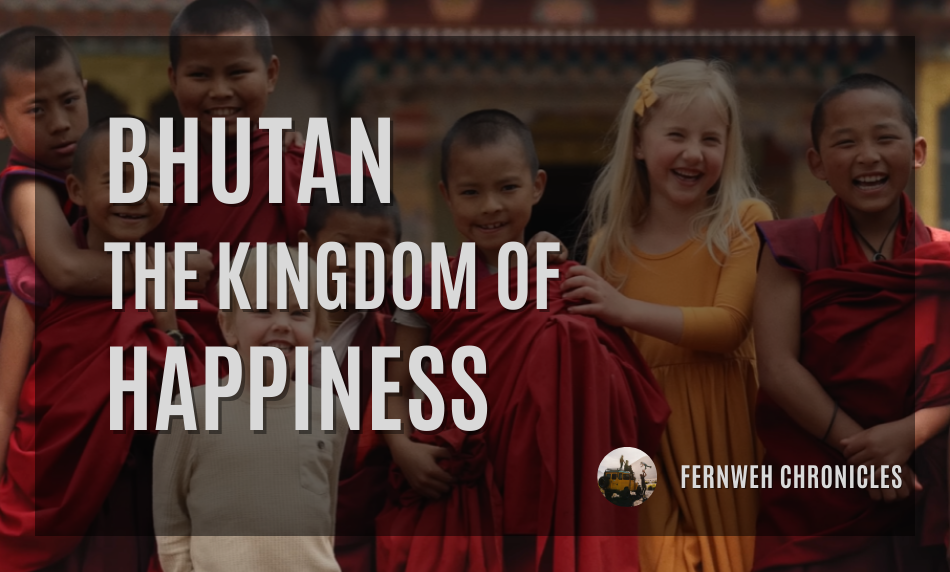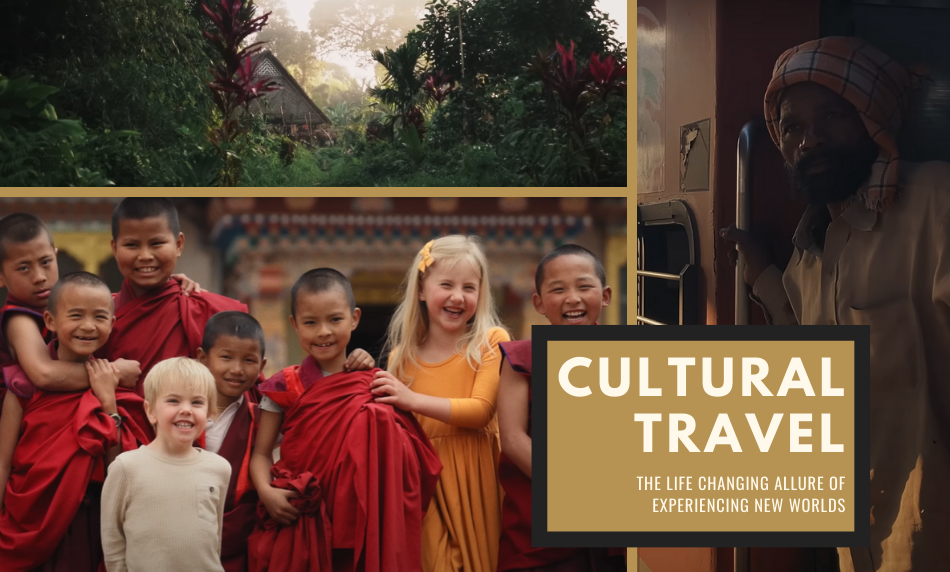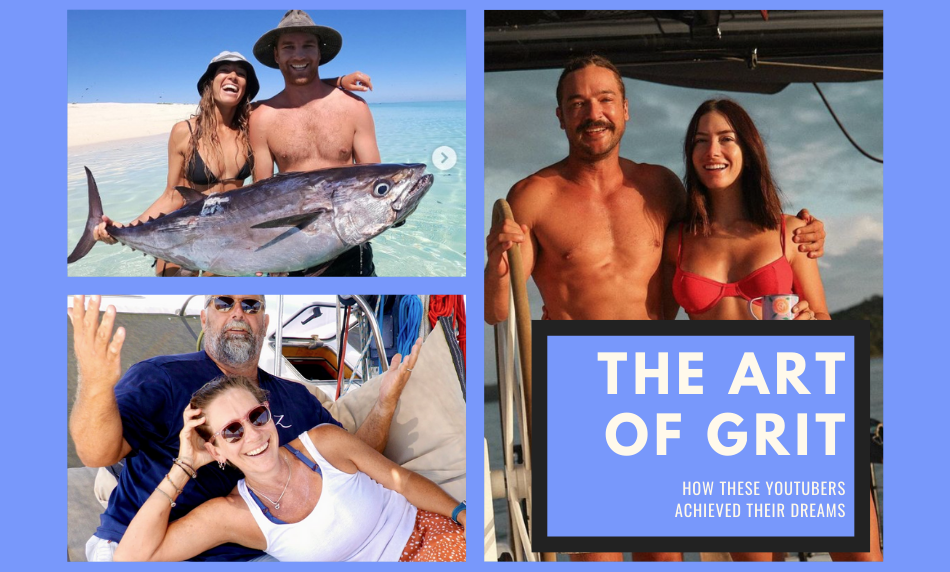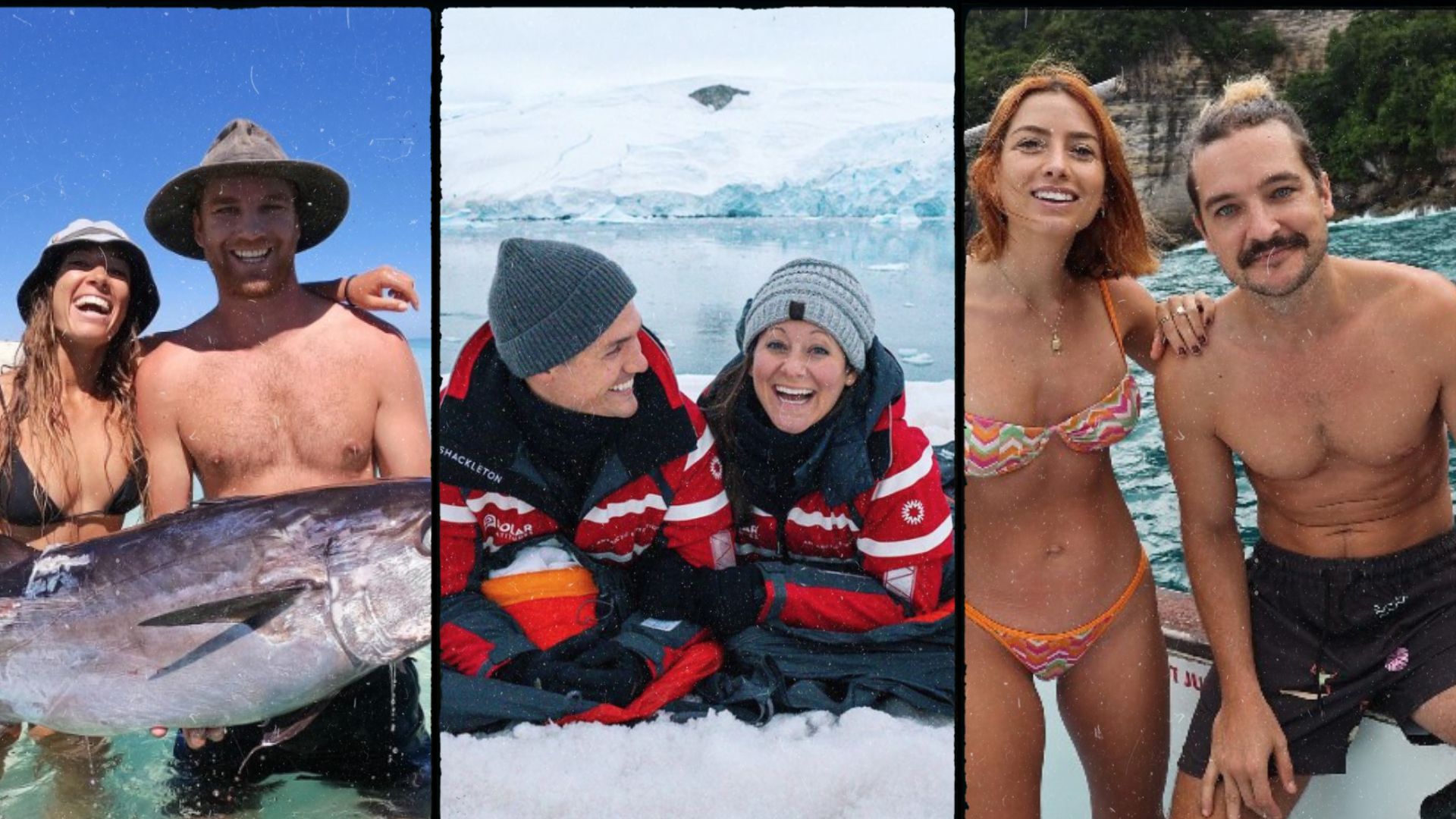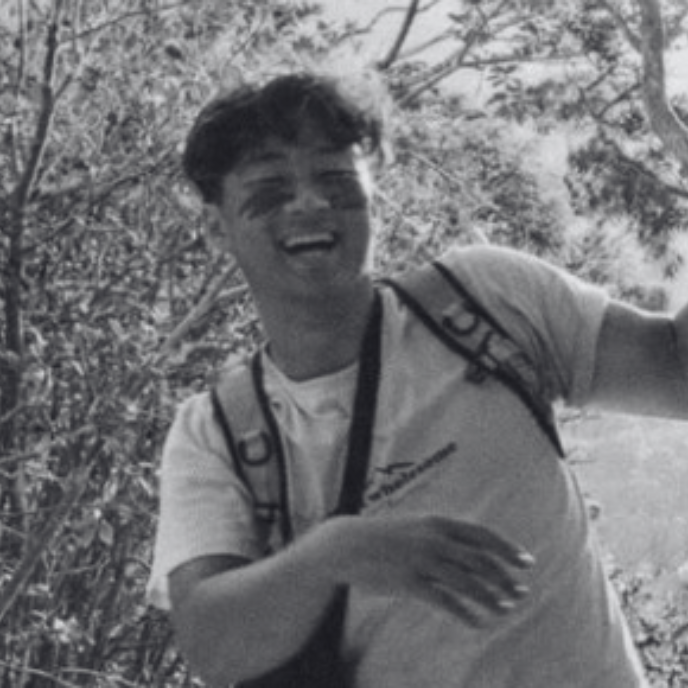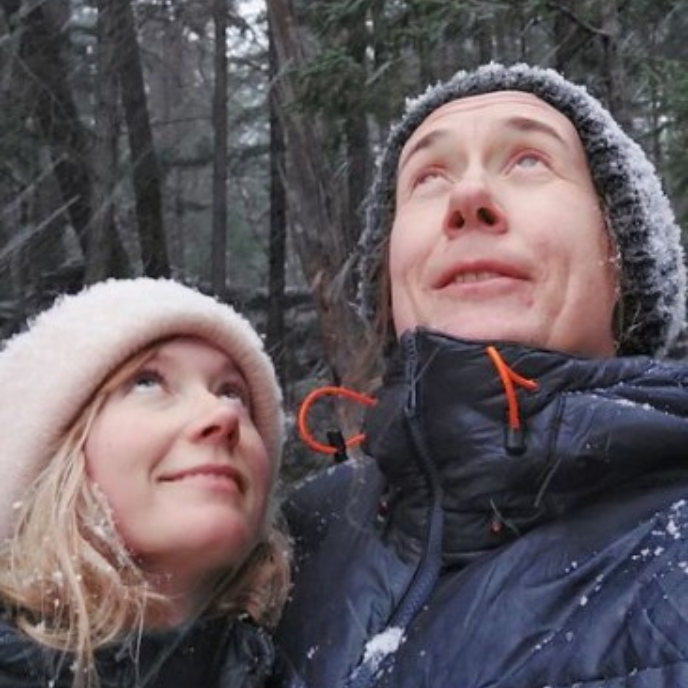"Your friends will be there for you; your work won’t."
Simon Sinek
Friendship is a Lifeline:
Friendship plays a critical role in mental health, providing support during challenging times that work or success cannot. Simon Sinek captured this beautifully: “Your friends will be there for you; your work won’t.”Friendships Require Intentional Effort:
Relationships don’t thrive on coincidence or convenience. Trevor Noah emphasized the need to actively nurture friendships by planning time together, showing emotional presence, and expressing care deliberately.The Cost of Success Often Falls on Friendships:
High achievers frequently sacrifice friendships in pursuit of career goals, often assuming friends will “understand.” Yet, this imbalance can leave people feeling isolated during their most vulnerable moments.Connection is a Solution to Loneliness and Addiction:
Strong social bonds mitigate the risks of loneliness, addiction, and even extremism. Sinek shared studies showing how community and connection can reduce the pull of destructive behaviors.Modern Relationships Are Overburdened:
Many people shift the emotional roles once filled by friends onto romantic partners or workplaces, creating unrealistic expectations. This highlights the need to rebuild community-based connections to foster balance and resilience.
Friendship—a concept so universal yet often overlooked in its importance—took center stage during a compelling conversation between comedian and social commentator Trevor Noah and renowned leadership expert Simon Sinek. The dialogue unfolded as an unplanned yet transformative moment, highlighting the profound yet often neglected role friendship plays in shaping our lives, our mental health, and even societal harmony.
Trevor Noah, celebrated host, comedian, and author of Born a Crime: Stories from a South African Childhood, is no stranger to connecting audiences with thought-provoking ideas through humour and storytelling. Simon Sinek, the influential thinker behind books like Start With Why and Leaders Eat Last, is known for challenging conventional perspectives on leadership, relationships, and the human condition. Together, they tackled a question rarely given the spotlight it deserves: What does it mean to be a good friend, and why does friendship matter?
Why Friendship Matters
“Your friends will be there for you; your work won’t,” Sinek observed, cutting to the core of how modern society often misplaces its priorities. Friendship, he argued, is the ultimate “biohack,” capable of mitigating stress, anxiety, depression, and even addiction. He underscored this with a striking example: an experiment on addiction that showed social isolation as a critical driver. “If we have close friendships and live in community, perhaps we’re less susceptible to all addiction,” he explained.
This insight is particularly poignant in today’s world, where loneliness is often masked by the illusion of connection through technology. Social media, while making it easier to stay in touch, doesn’t replicate the deep, affirming presence of a true friend. Sinek’s point is clear: friendship is not just a nice-to-have—it’s fundamental to our emotional and psychological health.
Noah reinforced this with a powerful observation from a friend: “When we say we’ve sacrificed something for our career, we shouldn’t be afraid to name who that sacrifice was.” By naming the cost, we begin to see the human toll of prioritizing work or ambition over relationships.
The Sacrifices of Modern Success
High performers often speak of sacrifice as a badge of honor. Yet, the true cost is rarely examined. “The number of us who have canceled on friends because a meeting came up—because ‘they’ll understand’—is staggering,” Sinek said. Meanwhile, few people would ever reschedule a business meeting for the sake of a friend.
This dynamic reflects a deeper societal issue: we treat friendships as secondary, assuming they’ll withstand neglect. But as Sinek noted, “The times where I have tripped, slipped, fell, hit rock bottom, felt alone—my work wasn’t going to rescue me. It was by the grace of some higher power that there was always a friend who picked me up.”
This highlights the imbalance in how we value relationships. Work and ambition often promise future rewards, but friendships are the lifelines that sustain us in the present. The challenge lies in shifting our priorities to reflect this truth.
Relearning the Art of Friendship
"Not ‘love you,’ but ‘I love you."
Simon Sinek
Friendship, both agreed, requires deliberate effort. “Have you ever said ‘I love you’ to your friends?” Sinek asked the audience. “Not ‘love you,’ but ‘I love you.’” He described how expressing this sentiment transformed even the coldest relationships in his life, fostering deeper connections.
This practice challenges traditional norms, particularly for men, where emotional vulnerability is often discouraged. Yet, as Sinek discovered, such openness has the power to deepen bonds and create a sense of safety. “It felt like a hug,” he said of hearing a male friend say “I love you.”
Noah emphasized that nurturing friendships often involves showing up in meaningful ways, whether it’s being present during a friend’s tough moments or actively planning time together. He described how intentional rituals, such as singing a group song during trips with friends, foster shared joy and vulnerability. “We have to work on our friendships,” he stressed, underscoring that deep connections rarely happen by chance.
Friendship's Role in Society
Sinek and Noah extended their discussion to explore how the neglect of friendships manifests in broader societal issues. They noted the rise of loneliness among young men, who often channel their isolation into anger and extremist ideologies. “Men have created communities around loneliness and anger, but they’re not teaching each other to hug, to love, or to feel,” Noah said.
This trend reveals the consequences of failing to foster connection. When individuals lack the tools to build meaningful friendships, they seek belonging in spaces that perpetuate negativity and division. Friendship, in this context, is not just a personal endeavor—it’s a societal imperative. As Sinek noted, “If we worked on friendships, we might see fewer instances of addiction and fewer fractured communities.”
Leaders as Friendship Advocates
Sinek challenged leaders to model the prioritization of friendships publicly. “Imagine a CEO saying, ‘I’m leaving early on Friday for my friend’s birthday.’ That would shift how people in the organization value their own friendships,” he suggested. Leadership, he emphasized, sets the tone for how society balances work and personal connections.
The implications extend beyond organizations. When leaders and public figures prioritize relationships, they inspire cultural shifts that ripple outward. Noah echoed this sentiment with a South African Zulu proverb: Umuntu ngumuntu ngabantu—”A person is a person because of the people.”
This simple truth encapsulates the role of friendships in shaping who we are. To prioritize friendships is to prioritize humanity itself.
Rekindle Friendship
This candid conversation serves as both a wake-up call and an invitation. How often do we pause to reflect on the quality of our friendships? Are we actively investing in these relationships, or are we letting them erode under the pressures of life’s demands?
Friendship is not a luxury—it’s a necessity. It sustains us, shapes us, and enriches our lives in ways no career or achievement can.
To fully appreciate the depth of this dialogue, watch the video of Trevor Noah and Simon Sinek’s conversation. Then, delve further into their insights by exploring Simon Sinek’s books and Trevor Noah’s work. Let their reflections inspire you to nurture the friendships that make life extraordinary.
Because at the end of the day, as Sinek so aptly put it, “It is more amazing to have an amazing experience with someone than by yourself.”


